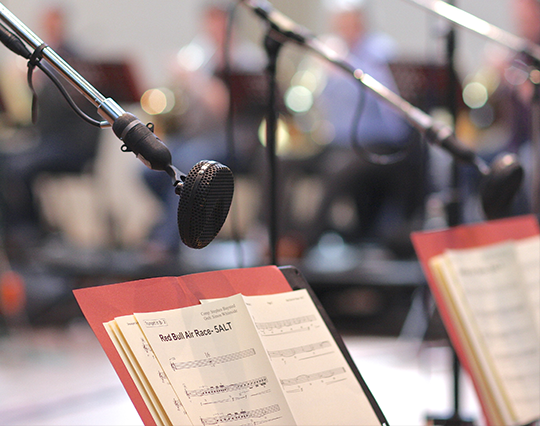What is an orchestrator anyway?

Orchestration is part of the compositional process for concert hall composers and there are some who are known to have exceptional skill in this area, Maurice Ravel for example.
Sometimes, as we know, a composer has enough on their plate under pressure to deliver to a deadline and hands over responsibility for getting the music onto paper and ready to be recorded or performed to a professional orchestrator. In the past these people, like me, have composition degrees and are composers themselves. These days , in commercial music such as film and T.V . the use of samples means that quite a lot of the work is already done. A "mock up" can sound pretty close to an orchestra and once combined with the dialogue and sound design persuades most people into thinking that it is a real orchestra.
An orchestrator working for a composer with good mock ups still has to make choices. It is almost certain that the project does not have the budget for the same number of instruments that the samples represent , so it is a question of choosing which bits to replace and which to keep. The best orchestrators make a full rich sound that integrates with the samples to create a score that has life, emotion and clarity. This is not always, indeed rarely, about replicating the exact voicing of strings etc. in the composer's version .
The most rewarding collaboration for an orchestrator is when the composer works with the orchestrator to achieve a distinctive sound for that piece or film. A good example of this is the fact that there are no violas in John Lunn's score for Jamestown but more cellos than usual and a solo folksy fiddle on top.
In the end Orchestration comes down to "colouring in" the music , giving it foreground, middle-ground and background; bringing clarity to melodies and textures to support the music or the drama , if it is for theatre or film. It can also mean adding a new dimension to the sound in the case of vocal music of, say, a band comprising guitars, bass, drums and keyboards.
The best orchestrators add value to the projects they are involved in. The truly great orchestrators can create sounds from an orchestra that reach people emotionally and realise the composer's vision and sometimes even exceed it.